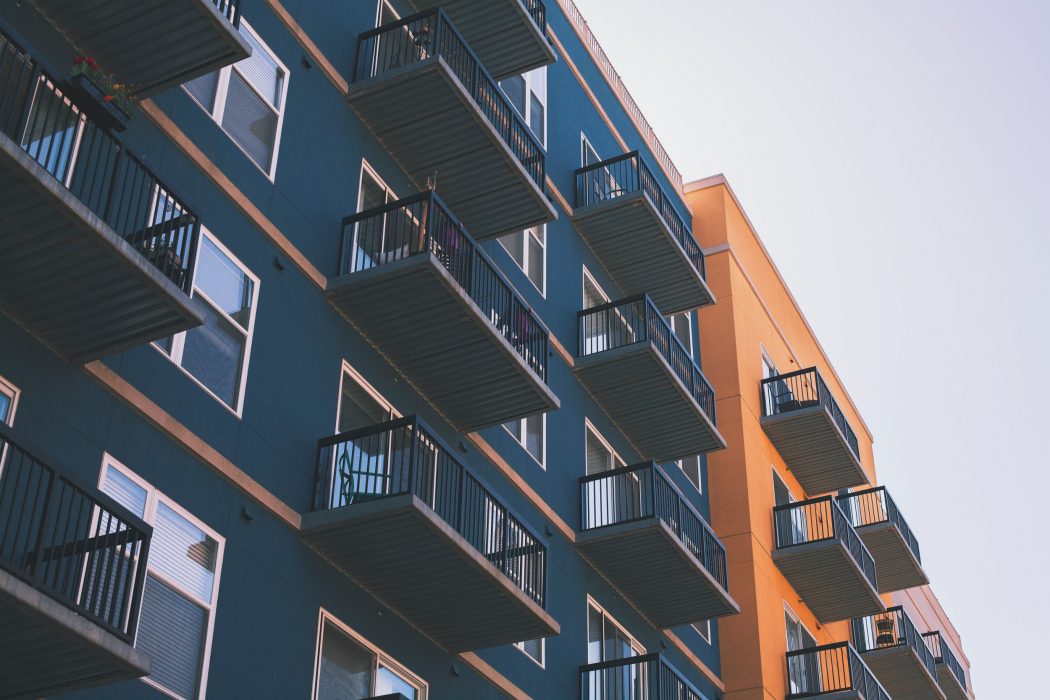
The program that awards tax-exempt bonds for building or rehabilitating affordable housing developments in Michigan received a $50 million shot in the arm Thursday.
For the last several years, the Michigan State Housing Development Authority’s (MSHDA) “Amended and Restated Pass-Through Bond Program” has had a $100 million bond cap, said Chad Benson, director of the Rental Development division.
But this last year, projects outnumbered the bond cap, and many remain sitting in the pipeline.
Thursday, the division asked the Board for a 12-month extension to the program and an additional $50 million, so the projects in the pipeline could be rolled over and funded. Then, the annual set-aside of $100 million, could still be used on new applications.
The Board unanimously approved the resolution to increase “the maximum set-aside of tax-exempt bonds to an amount not to exceed $150 million” and to extend the program until the July 2023 Board meeting.
Michigan Homeowners Get Relief For Back Taxes And More
In February 2022, the Michigan Homeowner Assistance Fund (MIHAF) went live with the help of $242,812,277 in federal funding from the U.S. Department of Treasury, which was allocated on April 14, 2021 as part of the American Rescue Plan Act.
Gov. Gretchen Whitmer assigned the operation and administration of the Fund to MSHDA.
Mary Townley, MSHDA director of homeownership, gave an update to the Board Thursday on the Fund’s progress.
Townley said that a high percentage of applicants claim to be socially disadvantaged, “which is a benchmark that we must adhere to per Treasury.” The fund website states that “the Federal Homeowner Assistance Fund Program requires a prioritization of assistance for both households with incomes equal to or less than 100% of Area Median Income (AMI) and those identified as Socially Disadvantaged Individuals (SDI).”
To date, MIHAF has received more than 23,000 applications, Townley said. And while the maximum grant allowable is $25,000, she said they are averaging around $7,000 for each household.
The top three areas of funding have been for delinquent mortgage payments, delinquent property taxes and utilities, in that order, Townley said.